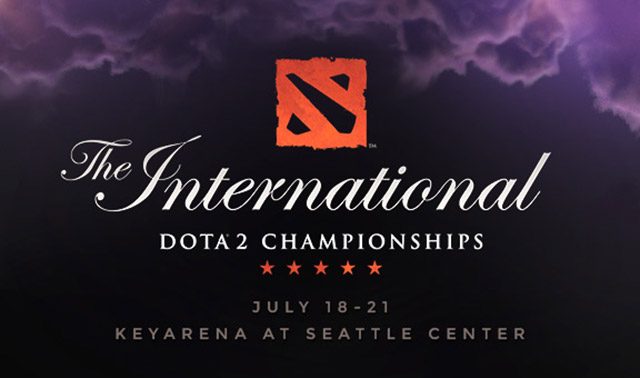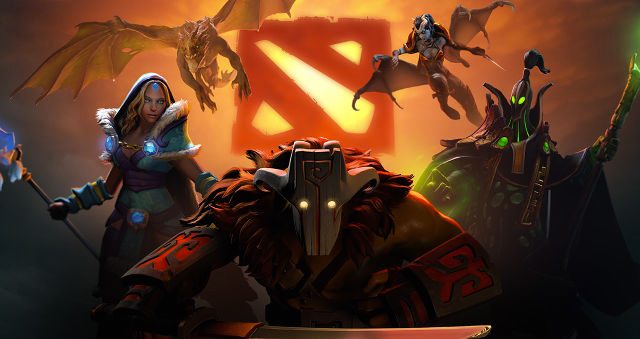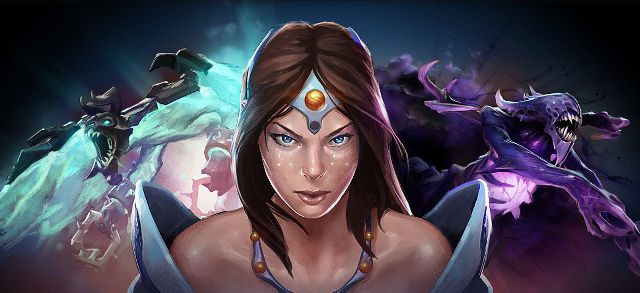SUMMARY
This is AI generated summarization, which may have errors. For context, always refer to the full article.

A couple of years ago, I read a passage from an interview with Malaysian veteran DoTA/DOTA2 player Litt-Bin “Winter” Chan after his participation in a tournament here in the Philippines.
He said, “In China, DotA is a huge deal because people get paid. In the Philippines, DotA is a huge deal because people are passionate.”
Does this statement still apply to the DOTA2 community now that a match fixing scandal is in the public eye?
The DOTA2 match fixing scandal is, in part, reportedly organized by the owner of a large betting page called MyDota2Community, and also involves players from two Philippine professional teams: MSI EvoGT and Mineski. Investigations have led to the removal of the players from their respective teams.
This so called “#322 scandal” – named after an older scandal involving a DoTA2 player with the handle “Solo 322″ – has so far been one of the larger issues that has occurred in the history of Philippine eSports.
What I want to discuss are the effects of this issue not only to the professional DoTA teams but to the whole Philippine eSports community, based on my observations and experiences as a player, fan and supporter of the struggling Philippine eSports scene.
A bad way to start striving for mainstream recognition
In the past few years, the integrity of the gaming community had been blemished with various negative images seen in the media. News regarding the violent effects of playing video games has been the usual topic.
Just recently, the game DoTA 2 itself has gained interest, with the $10 million prize pool of “The International 4” DoTA 2 tournament. Many people – not only gamers – were amazed and shared their own sympathy of the game.
I can even remember the mother of my friend saying “Magtraining ka ng mabuti anak at baka yang DoTA na ang magpapayaman sayo.” (Train well and maybe that DoTA game will make you rich.)
More recently, major news outlets wrote about the match fixing scandal. The scandal put a blemish on the reputation of the eSports community again. Rather than outside criticism, the bad image came from the gaming community itself.
Violence is not the only thing that can be applied to the gaming community. Cheating and misconduct in the name of money can be added to that list.
As one of the involved in the scandal said, “Simulan na nating magpayaman.” (Let’s start getting richer.)
If this is what the community wants, then the gaming community can be tagged as a moneymaking community. If this is the case, then Winter is wrong in saying that passion alone drives us gamers to playing DOTA2.

Doubts in global gaming competency
Filipino players have long been at the bottom of the world rankings. The country was once given the opportunity to debut in The International 4 years ago.
The Philippines was represented then by Team Mineski, one of the more popular teams of the day. Sadly, they finished with just one win. Since that time, a pure Filipino professional gaming team has not come back to The International.
The issue here now is not whether our professional teams lack the capability to win big tournaments. The issue now is the addition of one more negative idea associated with Filipinos: of being match-fixers for the sake of money.
With the scandal, we can say that there are players who are not really striving to be better in the game. Rather, they play for items and money. This shouldn’t be.

Manipulating the fans
I am a fan of the scene myself. My debut as a DoTA gamer has been inspired by the old Mineski team and the popular Happy Feet team. I am devoted to making eSports a sport here in the Philippines, and I also bet in betting lounges occasionally.
I am disappointed with what the Mineski and MSI.EvoGT players did. On the one hand, it raises doubts as to whether betting virtual items on them is worthwhile.
Despite being an amateur in the betting scene, I can still say that before I put my items on their team, I consider their past games and their skills. Now, that trust has dwindled because the throw – the purposeful losing of a match – is real.
With players who don’t consider the feelings of the fans or the legitimacy of the community, what will happen to the other Philippine professional teams who are not cheating? There will likely be a domino effect. The scandal will stay with fans.
With the rise of the DoTA2 economy, money is now a big factor. Grabbing opportunities to be rich through the game is not, by itself, a bad thing. Match-fixing, however, is not a work of a professional player.
These skillful players are in a professional team because they are recognized for their skills. Those skills, however, are not a license for them to manipulate fans’ expectations.
They should remember that money is not the heart of the DoTA. They couldn’t be called professional gamers if they can’t be responsible gamers at the first place.
Responsible gaming is not just about about playing professionally. What you do outside of the game matters just as much as when you’re in the game itself. – Rappler.com
 A gamer for nearly 7 years, Aaron is an advocate of eSports as a legitimate sport.
A gamer for nearly 7 years, Aaron is an advocate of eSports as a legitimate sport.
Add a comment
How does this make you feel?
There are no comments yet. Add your comment to start the conversation.